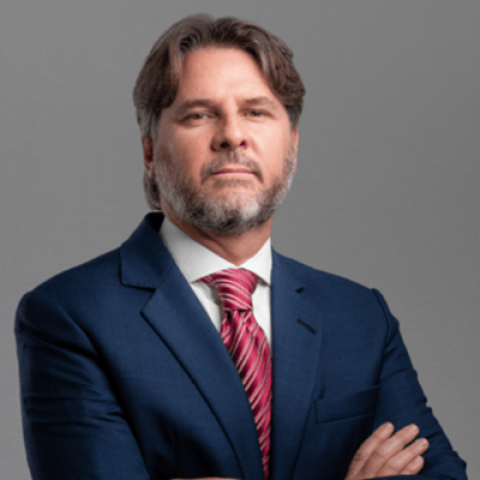Football, the SAF Law and the Securities and Exchange Commission (CVM)
The financial situation of Brazilian football provokes - or should - provoke reflections: how can the country that generates the most players on the planet (approximately 11% of all businesses involve Brazilians) produce a billionaire and unpayable debt, from the perspective of the current clubs, constituted in the form of a civil association?
More than that - much more, in fact: how can the country, which has more than 20 teams with more than a million fans each, reduce its perspective in the world structure to the mere export of young people still in the training phase?
And, to top it off (just because of the size of this space, as the questions are almost endless), how can the most admired (and feared) country in terms of national teams, the only five-time world champion, "import" more than 90% of its selected from foreign teams (which hire young people still in the training phase; a fact that, it is true, is in line with the exporting position assumed by local teams)?
These and other questions, aimed at the sporting environment, are connected with questions directed at the economic environment; an environment that seems to have ignored the existence of a global and billionaire activity, in which Brazil should be inserted as a protagonist.
So, in summary: how, until the advent of the SAF Law, was justified the lack of interest of the market in general, local or international, in relation to Brazilian football, which is part of a transnational system that attracts more than 4.5 billion of people and which, at the institutional level, brings together more confederations associated with FIFA than countries with the UN?
There was, in fact, no lack of interest.
There was misunderstanding and disagreement regarding the necessary change in a model, a remnant of the 19th century - yes, the 19th century -, which entrenched the football company in non-profit clubs, controlled by unstable leaders - the result of the electoral process inherent to the associative model - and incapable of offering the necessary legal and institutional security to agents interested in financing or investing in the football company.
But football, like any other economic activity, needs resources for its development; and, in the absence of capital providers, it starts to depend on a "submarket", formed precisely by other types of agents that live and foment the crisis of others to, in often excruciating conditions, impose a dependence from which it will not be able to get out without the structural review of the model.
That is why, historically, a solution for football itself has not emerged from within football: because, against the interests of football - and the fans -, groups of people with particular intentions and desires have appropriated the decisions, the forms of funding and financing, and the indebtedness process, and fed on the sporting and institutional chaos.
Several new and relevant facts indicate, however, that a structural transformation may be underway.
egotiations such as those conducted by Cruzeiro, Botafogo, Vasco and, more recently, Bahia - which attracted nothing more, nothing less, than Manchester City's controlling group - shed light on the perspective created with the beginning of the construction of public policies that recognize and elevate football to a fundamental issue for society, due to its cultural, sporting, economic and social attributes.
Those clubs, as well as others that are currently developing their internal processes of model review, thus inaugurated what should be recognized as a new era of Brazilian football.
It is with these constructive purposes that the Institute of Applied Corporate Law - IDSA, the most important and active entity dedicated to the study, development and improvement of corporate law in the country, will promote, tomorrow, November 10th, at and with the support of the of Securities - CVM, event with the intention of, precisely, promoting and collaborating with the formation of a regulatory environment suitable for the emergence and affirmation of market instruments. Legislators, regulators, presidents of clubs and SAF's, bankers, lawyers and teachers will participate in the event.
The place of performance, headquarters of the CVM, an autarchy that lends itself to "develop, regulate and supervise the Securities Market, as a fundraising instrument for companies, protecting the interest of investors and ensuring wide dissemination of information about issuers and its securities", symbolizes and synthesizes the efforts that private and public agents employ, since the proposal of the preliminary draft of the SAF Law, to create the aforementioned football market.
More than that: it represents the breaking of a barrier, formed by different substrates (psychological, sentimental, legislative, regulatory, etc.), which prevented the establishment, in a safe and predictable environment, of the meeting between the owners of football - the clubs - and the sponsors of the football company.
Thus, the apparent interest of the regulator (CVM) is celebrated, which not only opens its doors to football (and, consequently, to the fans and to the country), and, above all, indicates (at least this is my external perception) that will be able to collaborate, within the scope of its competence defined by law, for the formation and regulation of a market that will contribute - it is always good to affirm and reaffirm - for the economic and social development of the nation.
Do you want more information?
 Rodrigo Monteiro de Castro
Rodrigo Monteiro de CastroRodrigo Monteiro de Castro is specialized in corporate and business laws, corporate transactions (M&A), capital markets and contracts.

